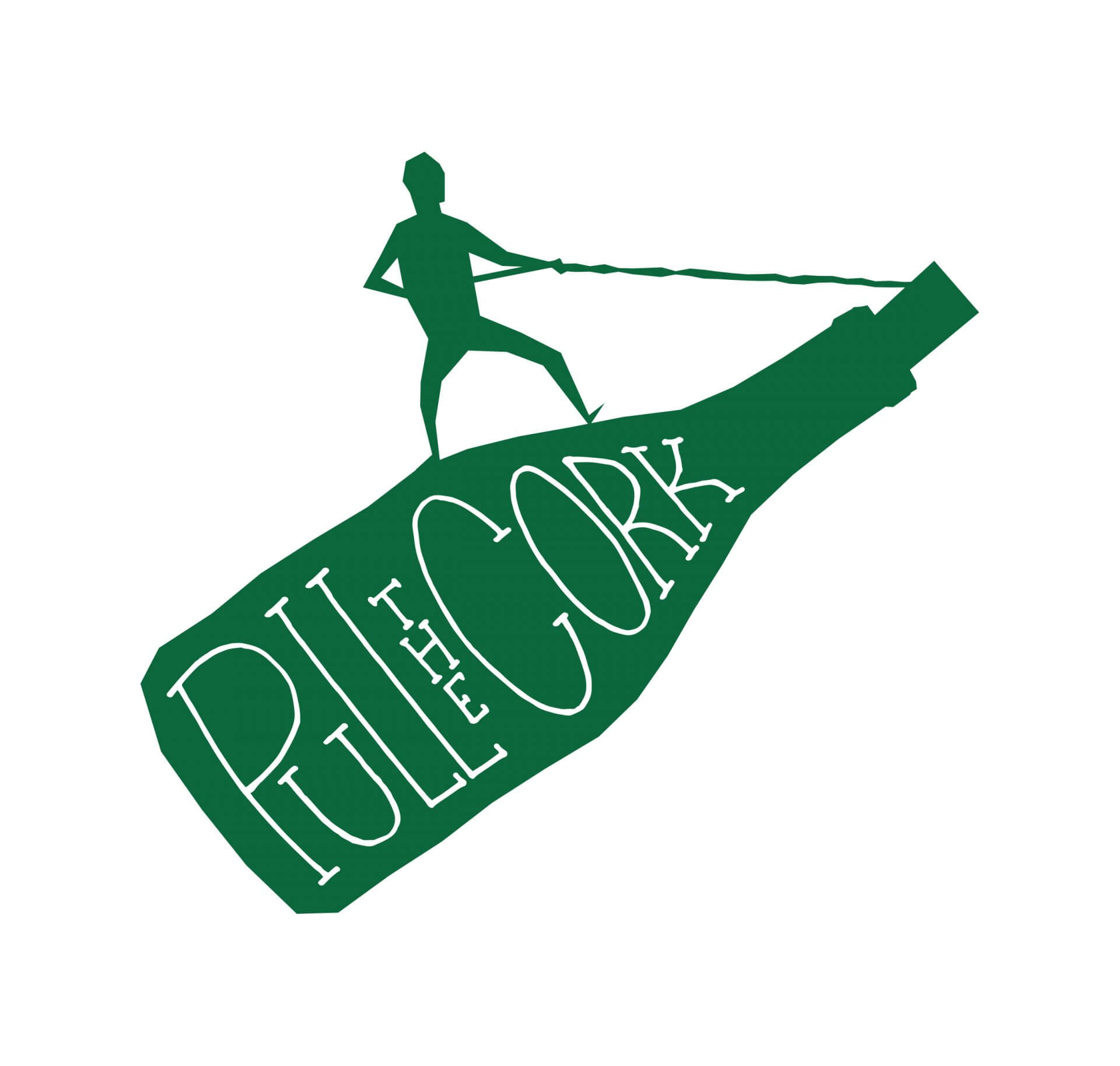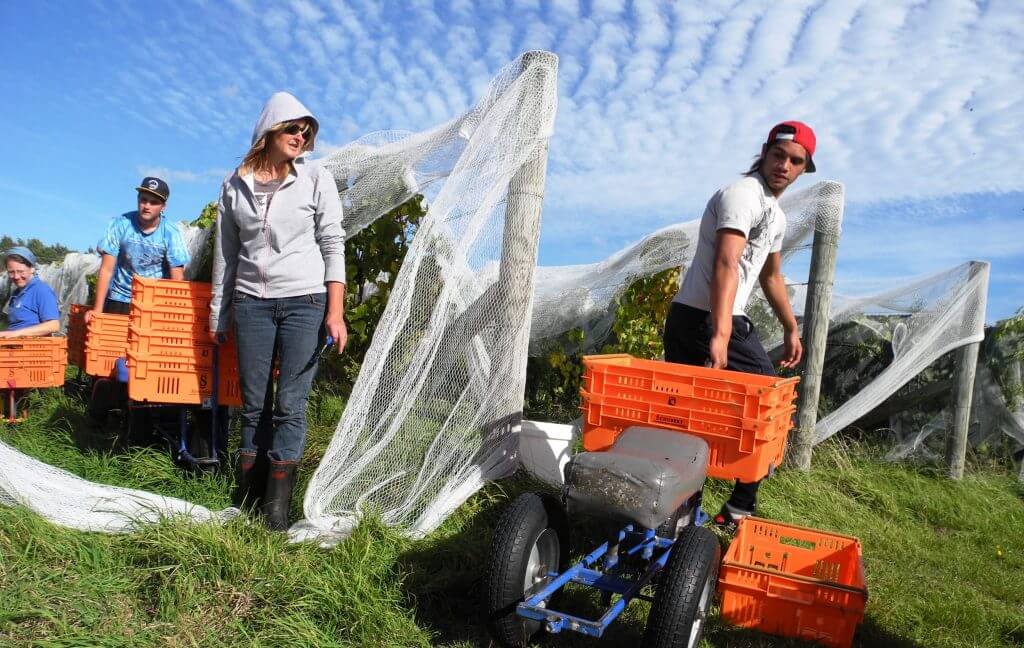Sustainable Winemaking, Vegan Wines
Wine Certification: Classification and Filtering on Pull The Cork
Recently we’ve been getting into all kinds of debates on how the Wine Certification should be addressed, and how categories and filtering should be presented, so we’ve made some changes, and feel that this is the right way to tell you why.
Wine certification: classifying wine according to farming practices
Organic
According to the Soil Association, organic farming is a form of farming which ‘encourages wildlife and cuts the use of pesticides and antibiotics’. With organic farming there are strict regulations in place that restrict and outline what farmers can and cannot do in terms of farming practices. These regulations ensure the protection of all wildlife and the wider environment.
Organic wine can only be called and labelled organic wine, if it is made from grapes that have been grown in accordance with, and the adherence of, the rules and principles that govern organic farming. In the EU for example, a wine can only be termed organic if it has been made with organic grapes and yeast. There are also other restrictions and these include:
- a prohibition on the use of sorbic acid and desulphurisation
- the level of sulphites in organic wine must be lower than their conventional equivalent (depending on the residual sugar content). Find out more about sulphites and learn more about sugar in wine.
Practising Organic
Farms can practice organic farming methods without their produce being certified organic. One of the main reasons for this is cost, the other, in the US, for example, is that it is a full-time task, trying to maintain the farm’s organic certification.
And for farms that aren’t producing on a major scale, it can be more hassle than it’s worth to go through the rigmarole of being certified organic, so they merely adopt an organic way of farming and produce the same fclean products, just without the accompanying accreditations and labels.
Sustainable
Sustainable agriculture is a type of farming practice that aims to produce crops for the long term and rear livestock, whilst having a minimal impact on the environment.
This kind of farming practice is about finding a happy medium between producing enough crops to feed people, and ensuring the ecosystem in which those crops are grown is preserved in order to keep growing the food we need, now and for the generations to come.
Biodynamic
According to the Biodynamic Farming and Gardening Association, biodynamic farming is: “a spiritual-ethical-ecological approach to agriculture, gardens, food production and nutrition.”
Biodynamic farming was first developed by Rudolf Steiner in 1924 and in a nutshell, a biodynamic farm is considered itself to be one organism. Within this organism, every ecosystem works together to form the whole farm. Each part impacts and contributes to the other parts. The idea behind this farming method is to create a system that is self-sustaining.
For a farm to be certified biodynamic, it has to have been first certified organic. Biodynamic farming involves the use of homoeopathic treatments for any issues with plants or soil, and the natural cycle of the seasons will determine planting.
In biodynamic farms, like organic farms, no chemicals, pesticides, herbicides, or man-made fertilisers are used on the crops. Instead of natural materials, soils and composts are used to nourish the vineyard. The farm will keep a range of animals, from ducks to horses, and will use their manure to fertilise the vines.
Like sustainable farming, biodynamic farming aims to leave the land and the environment in a better way than it was found, to allow future generations to benefit from it.
The major difference between biodynamic wine and organic wine is that whilst the wines are produced without the use of chemicals, biodynamic wines are not certified organic because they take into account the whole ecosystem of the farm, the vineyard and beyond, not just the nature of the grapes.
Find out more about low sugar wine and pet nat wine which are also produced naturally.
Winemaking and the process of certification
Low Sulphur
Only wines with sulphite levels below 10 parts per million (ppm) can be called sulphite free. And just because a wine hasn’t had any sulphites added in, doesn’t mean it is sulphite free. In fact, no wine can be sulphite free because of the naturally occurring sulphites that are produced when the wine is fermenting. So, the short answer is: wine cannot truly be sulphite free wine. Furthermore, are sulphites vegan? Find out more.
Biodynamic and organic wines have the lowest levels of sulphites, between 25-50% less than a conventional bottle of wine. Certified biodynamic and natural wines have to have less than half the EU allowance of sulphites, and as a guide, EU law allows up to 400 ppm for sweet wines, 210 ppm for white wine and 160 ppm for red wines.
| Type of wine | According to European Law | According to Demeter (Biodynamic certification) |
| Red | 160 ppm | 70 ppm |
| White/Rosé | 210 ppm | 90 ppm |
| Sweet | 400 ppm | 210 ppm |
Low sulphur wines have a different flavour profile than wines containing sulphites because the sulphites contribute towards the taste. It is most noticeable in white wines that are low sulphur because those wines tend to have a more complex flavour, occasionally described as ‘wild’, as in natural (the way nature intended, not as in garish or outlandish).
Natural
Natural wine is the closest form of ‘pure’ wine that you can drink. Whilst there are no legal definitions of what natural wine is, in its purest sense, natural wine is made from organic, biodynamic or other similar farms and produced (processed, never made…) in a wine cellar, without adding anything in or taking anything away.
“The most excellent wine is one which has given pleasure by its own natural qualities, nothing must be mixed with it which might obscure its natural taste” – Columella
This means your wine has had no additives included, nor the processing of any sort happening to it. Intervention in natural winemaking is kept to the absolute minimum. As such, natural wine is unfiltered wine and unfined; it is a living drink, wholesome and packed full of naturally occurring microbiology.
Explore our selection of orange wines, which is a low intervention wine that is full of splendid flavors.
Vegan-Friendly
This is one of the trickiest categories to define, namely because one person’s definition of vegan doesn’t necessarily match the next person’s idea of vegan. Veganism doesn’t come with a handbook, you aren’t given a set of rules and regulations you have to abide by when you opt to live a vegan life. So drawing the line between what classes as ‘vegan-friendly’ or not, has been the hardest category for us.
“Labelling a wine as ‘vegan’ takes you to a certain point and provides reassurances that there are no animal-derived products used in the winemaking. But, it does not account for the use of animal products or exploitation of animals in the wine growing” – Sean Evans (The Geordie Wine Guide)
Where do you draw the line in winemaking – where does growing the grapes stop, and the actual wine production begin? Because the problem here is that the further back you go into the winemaking process, the higher the odds are that animal labour, in some form or another, was involved.
For example:
- Can you class wine as vegan if it’s been grown on a biodynamic farm that uses horse manure to fertilise the grapes?
- Or can you class wine as vegan wine if the farmer on a farm only uses man-made fertiliser, but a horse was used to pull the cart that collected the grapes?
- Does the wine stop being vegan-friendly if no animals are used in the grape growing and harvesting process at all, but there are animals on the farm and a fleck of horse sweat dripped onto the grapes whilst they were in the yard waiting to be processed?
- Is the wine still vegan if the farmer doesn’t employ any animal labour on their farm, but has a pet dog who keeps him/her company in the fields whilst they’re pruning the winter vines?
It just isn’t black and white.
So, to that end, we have decided, here at Pull The Cork, that for us, OUR definition of vegan wine is not linked to farming methods.
For us, we are saying that the winemaking begins after the grapes enter the production line. Anything before then (farming wise) and up to the factory gates, doesn’t factor into our categorisation.
For all intents and purposes:
Vegan-friendly wines are wines that don’t contain or use any animal products or by-products, in any shape or form, during the fining or filtering process.
End of.
Before you go.. enjoy exploring our premium wines, you will be able to find quality vegan friendly, low sulphur, and low histamine wine and try some of the best natural, sustainable wines from different wine regions.
You can grab our monthly wine subscription and get special offers and monthly wine delivery of our organic and natural wines straight to your door.

